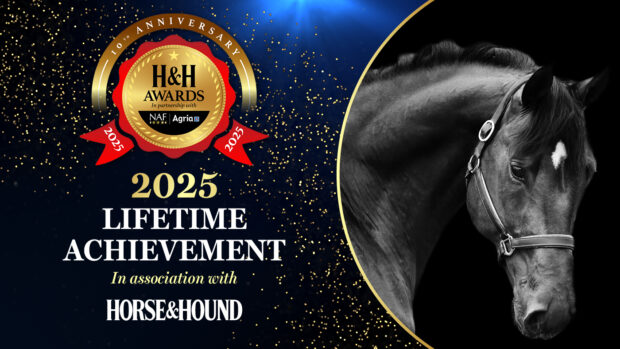Q: I have to go abroad for a year because of work commitments, but I don’t want to sell my 15.1hh, seven-year-old cob. A friend has suggested I lease my horse to an equine college, as they are often asking for loan horses. Do you have any advice?
Kate Skirrow, yard manager at Oaklands College, replies: The first step is to look at all the yards you are considering leaving your horse with and to investigate the reputation of each establishment.
When you visit, talk to the horseowners you meet there and look around to see whether the yard is tidy and the horses are healthy and working happily. Also, talk to the staff to find out whether they are friendly and knowledgeable.
It is important to be honest with staff when you tell them about your horse. Remember that it is usually as stressful for the horse to move yardsas it is for you, and it would be a shame to find that your horse was not suitable for the chosen yard or college because of something you had forgotten to mention earlier.
It is also important to find out whether your chosen yard is BHS- or ABRS-approved, how many of their staff are qualified, and to what level. At many training yards, the horses are cared for on a day-to-day basis by students, who are supervised by the qualified staff.
From the establishment’s point of view, they will want to know about a horse’s level of schooling, his fitness, his attitude to work, any vices or lameness and whether or not he is good to handle.
Most training yards will want to see the horse at home, check on his temperament and his way of going under saddle. Depending upon the standard of riding and the type of work they will require of the horse, they may also wish to see the horse hack out on the roads and jump. Also, don’t forget to mention any past problems he mayhave had, as these could have a bearing on his new situation.
Once this initial visit has taken place, it is quite common for the training centre to request a trial period, in order to introduce the horse to their environment. This also gives the horse his first opportunity to show how he feels about the situation. Once this settling-in period is up, it is usual for both parties to sign a formal contract. Many centres will draw these up for you, but seek legal advice if you have any concerns.
Before leasing consider the following:
- Check with your insurers whether a working livery or loan affects your personal horse cover
- Check that the yard has liability insurance
- Find out whether you need to supply tack and rugs, and who is liable for repairs and upkeep
- Establish who is responsible for paying for veterinary treatment, and whether you will be liable for livery payments if the horse is out of work due to injury or illness
- What payments are you liable for?
- Is there a notice period in the contract?
Many training centres provide an excellent, horse-friendly service. It will be worth the effort when you eventually find the right environment and arrangement for your horse.



